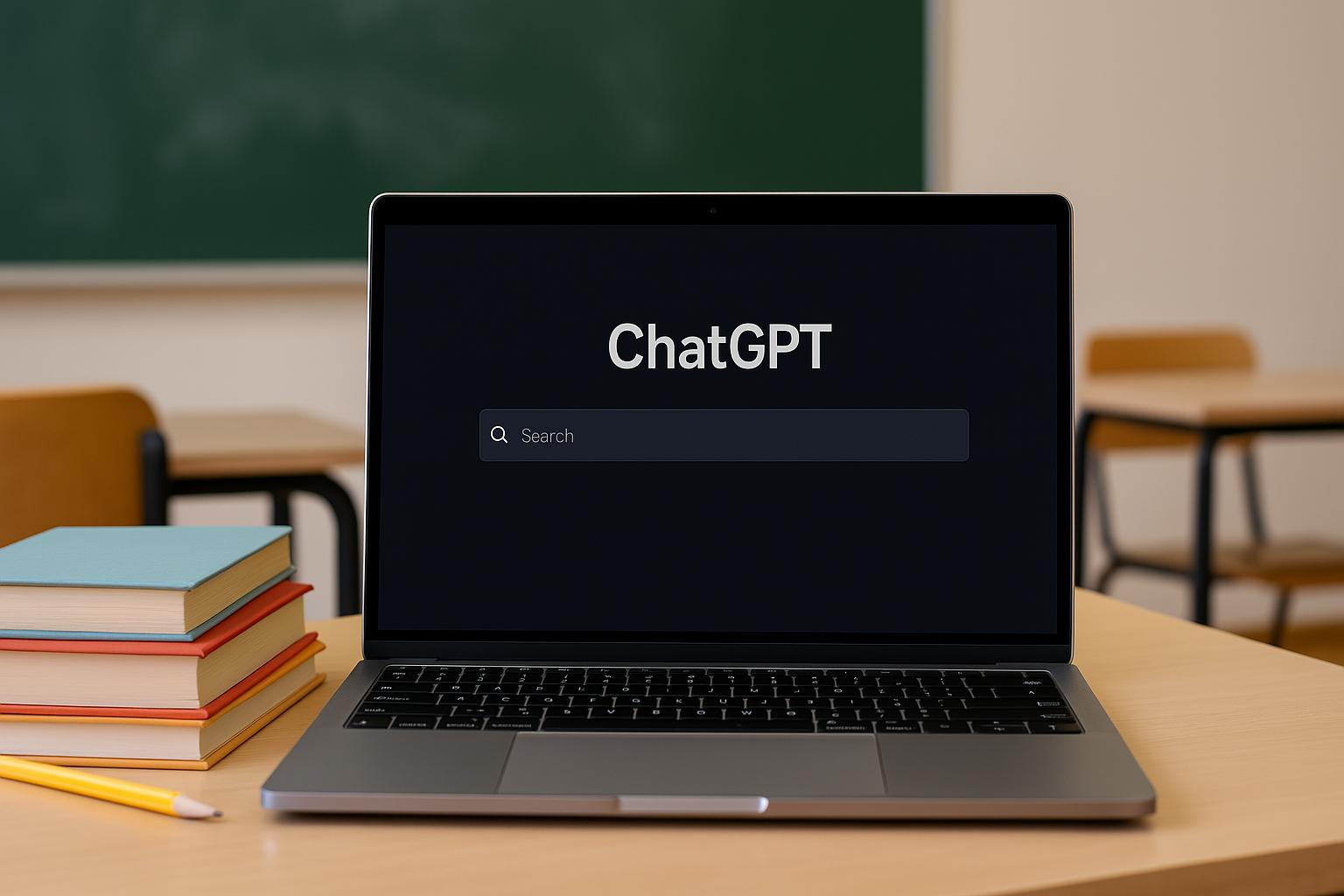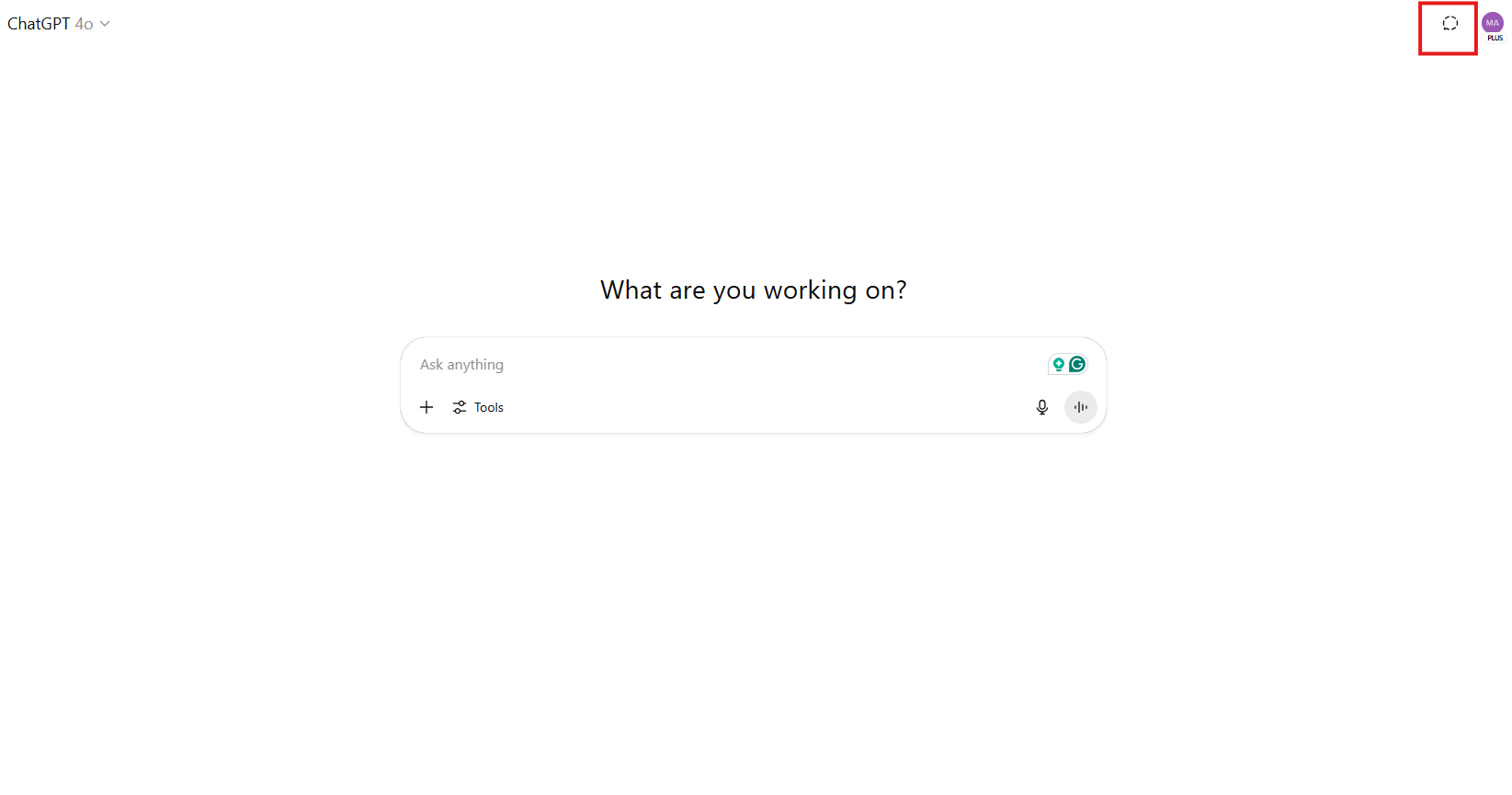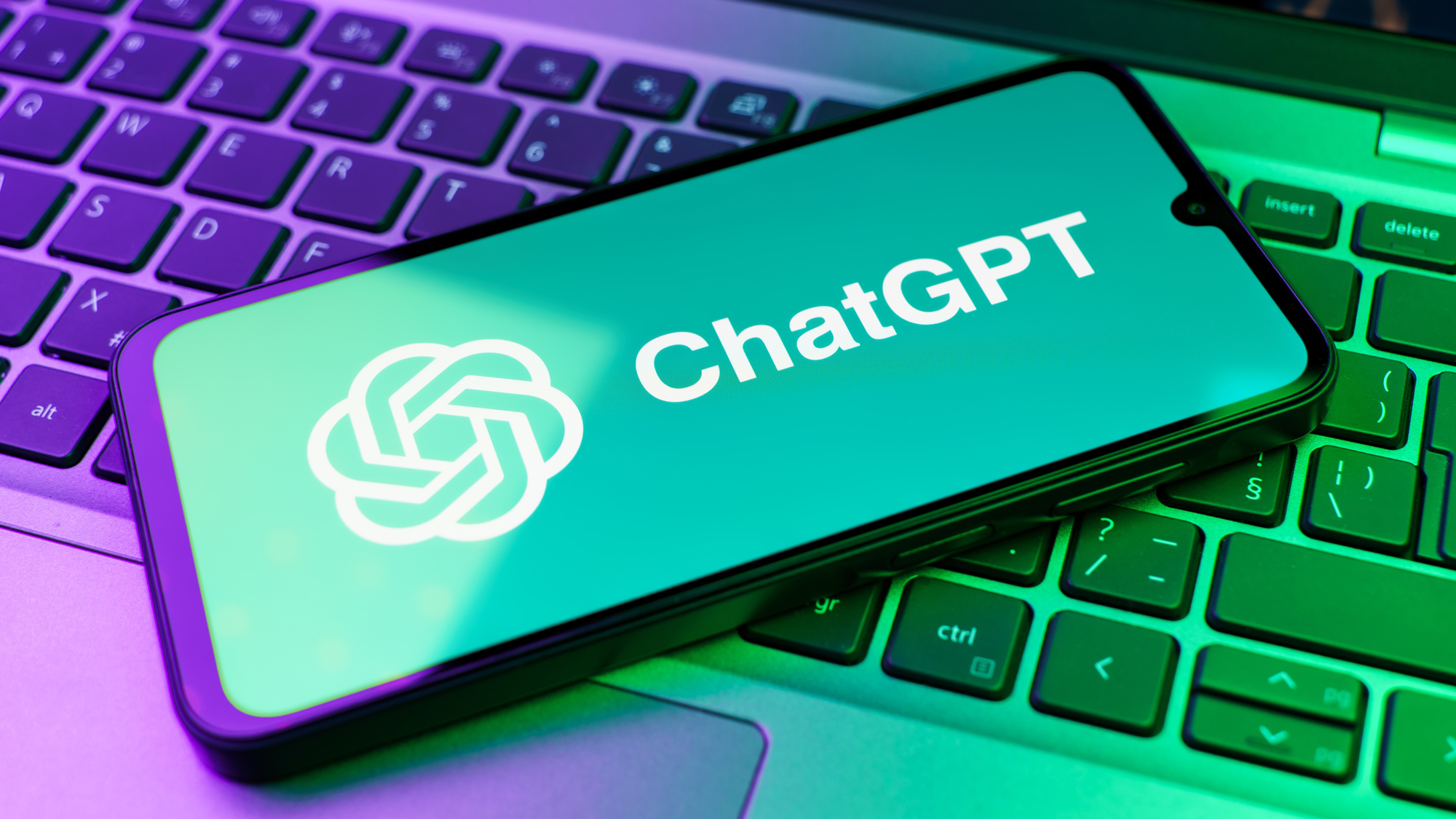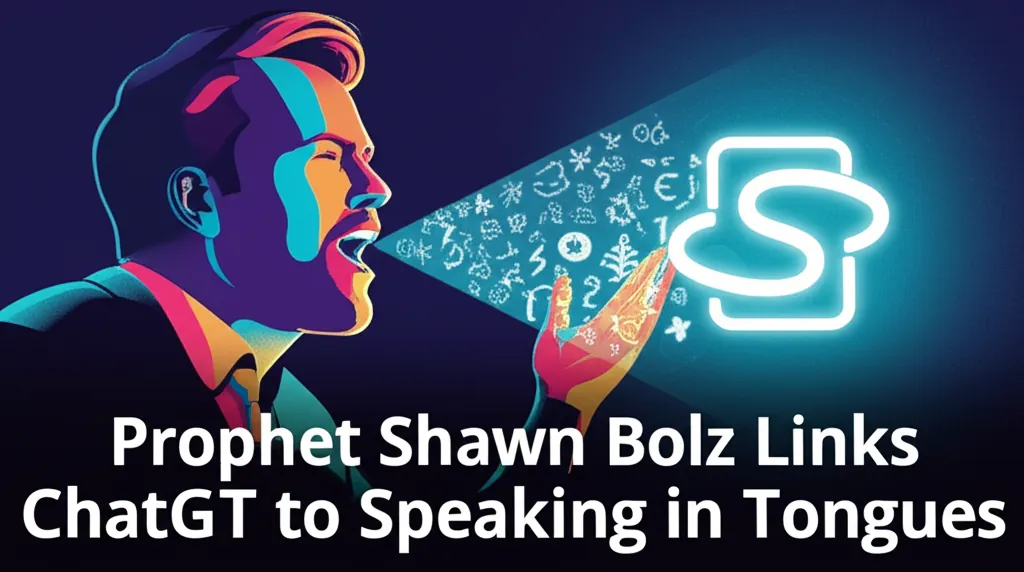Developer Offer
Try ImaginePro API with 50 Free Credits
Build and ship AI-powered visuals with Midjourney, Flux, and more — free credits refresh every month.
Four Reasons To Use ChatGPTs Temporary Chat Feature

While ChatGPT is known for its incredible capabilities, one of its most valuable tools is a discreet button that offers users a new level of control and confidence. This feature, called 'temporary chat,' acts as an incognito mode for your AI conversations, providing significant benefits that many users are beginning to appreciate.
It's not a feature you need for every single query, but it is a crucial tool for enhancing privacy and ensuring unbiased interactions. Here’s a look at why you should consider making temporary chat a regular part of your AI workflow and how to get started.
What is ChatGPT's Temporary Chat?
When you enable temporary chat, you're telling ChatGPT to forget the conversation once it's over. Specifically, the chat will not appear in your history, it will not be used to train future OpenAI models, and it will not update the AI's memory of you. For safety and abuse monitoring, OpenAI does keep a copy for up to 30 days before deleting it permanently. This small change provides a significant layer of privacy and control over your data.
How to Activate Temporary Chat
Using this feature is incredibly simple. On the ChatGPT website or in the mobile app, look for a speech bubble icon in the top right corner of the screen. Clicking this will start a new temporary chat. You'll know it's active because the interface will change slightly to indicate you are in this mode. Remember that you will need to re-enable it for each new conversation you want to keep private.

Key Reasons to Use Temporary Chat Mode
There are several compelling reasons to switch to temporary chat for many of your interactions.
1. Protecting Your Privacy
This is the most significant reason to use temporary chat. If you're concerned about AI models learning your personal details from your queries, this mode is essential. It prevents your data from being fed back into the training loop and stops the Memory feature from building a profile on you based on your conversations. This ensures that personal information shared in a chat remains private.

2. Reducing Your Environmental Impact
While it may seem like a small action, using temporary chat contributes to data minimization. By not storing every conversation permanently, you reduce the amount of data OpenAI needs to manage and store. This, in turn, lessens the overall digital and environmental footprint of your AI usage.
3. Getting a Fresh Perspective
ChatGPT's memory can be a double-edged sword. While it's helpful for ongoing projects, it can also introduce bias into new conversations. If you want a response that isn't colored by your past interactions or personal information, temporary chat provides a clean slate. The AI will respond based only on its core training data, which is ideal for research or exploring topics from a neutral, unbiased viewpoint.

4. Handling Sensitive Information
Whether you're analyzing confidential work documents or using the chatbot as a sounding board for personal issues, you might not want a permanent record of that discussion. Temporary chat offers a safe, ephemeral space for these sensitive conversations, giving you the freedom to explore ideas without long-term privacy implications.
The Future of AI Privacy Controls
The need for such controls is only going to grow. In a podcast, ChatGPT's head, Nick Turley, predicted that 'off the record' modes will become critical as AI assistants get to know us better. Using temporary chat today is a good way to get ahead of the curve and establish good privacy habits for the future of AI. You can hear more about this on the OpenAI Podcast.
Compare Plans & Pricing
Find the plan that matches your workload and unlock full access to ImaginePro.
| Plan | Price | Highlights |
|---|---|---|
| Standard | $8 / month |
|
| Premium | $20 / month |
|
Need custom terms? Talk to us to tailor credits, rate limits, or deployment options.
View All Pricing Details

